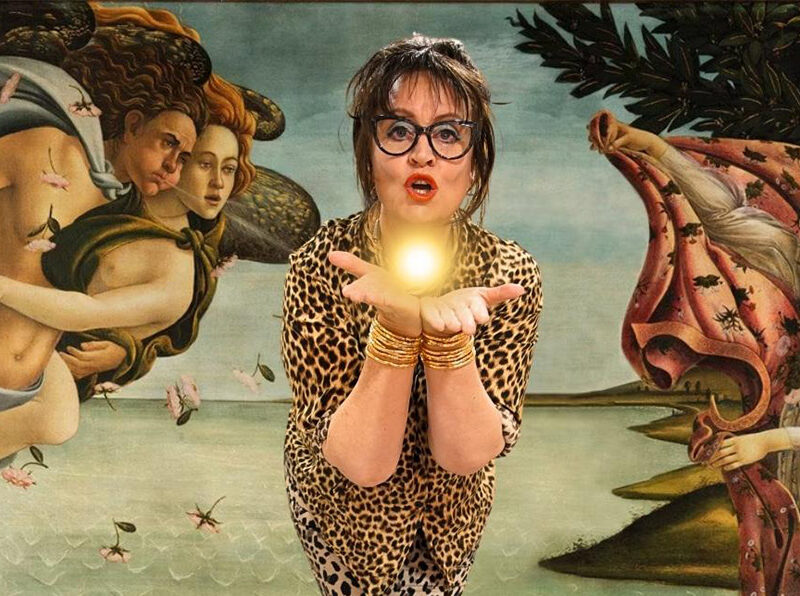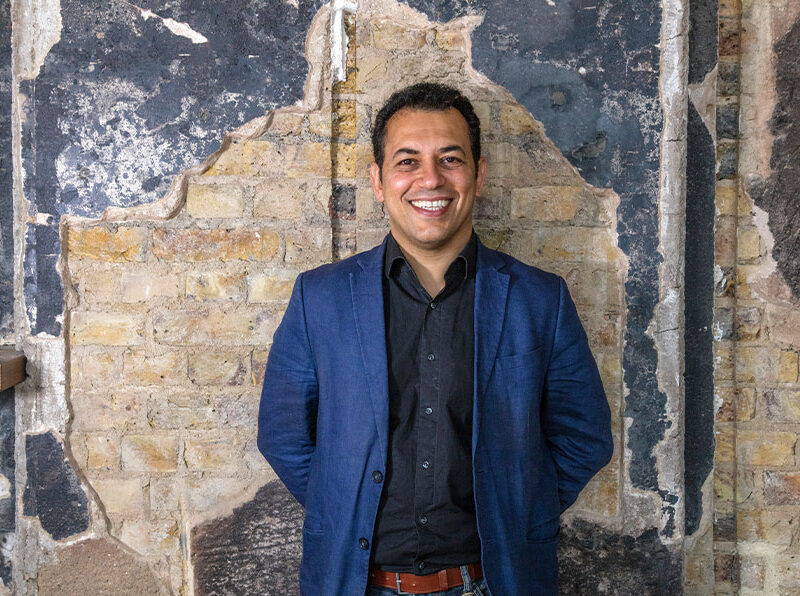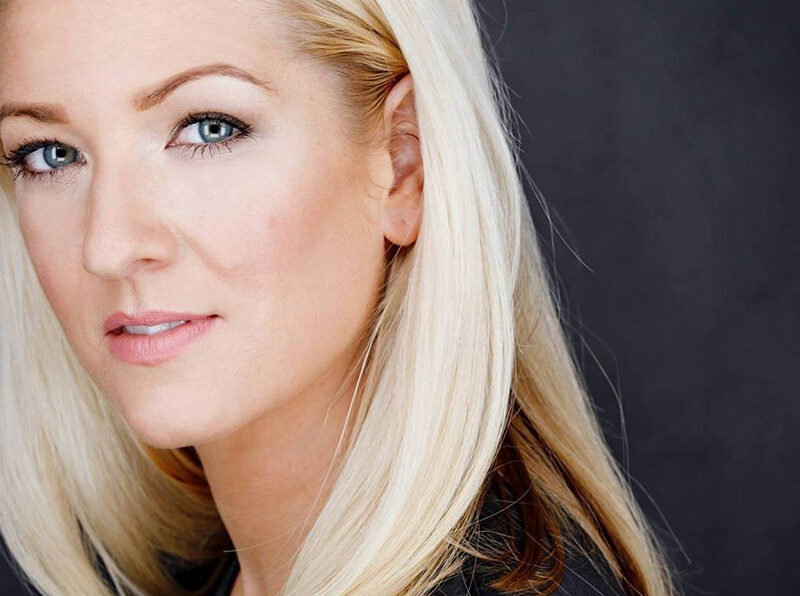
Interview: Bestselling Author Joanne Harris
Interview: Bestselling Author Joanne Harris
As she heads to Landmark Arts Centre for the ‘Women in the Margins’ season, we talk to the acclaimed author about her career…
Joanne Harris, author of Chocolat, The Gospel of Loki and most recently Broken Light, will appear at the Landmark in Teddington for two separate events this winter.
The ‘Women in the Margins’ season will explore women’s lives in contemporary fiction, and Joanne will be among several awardwinning, best-selling female writers speaking at the event. She will also perform with her #Storytime band.
Joanne’s literary journey has spanned 30 years and continues to change and grow. “I am on a constant arc of trying new things and experimenting. I am always writing and have several projects on the go, both written and musical, and everything has its own trajectory.”
Whilst there are numerous threads to her work, they all have fundamental elements in common, driven by her desire to challenge the status quo, particulary in how women are perceived in society. “We still live in a patriarchy. Fiction reflects society and at the moment society is not doing a very good job in its portrayal of women.”
Broken Light, Harris’ latest novel, continues to extrapolate and dissect the themes of motherhood and patriarchy. Its central character Bernie Ingram is 49, menopausal and lonely. She has been married since the age of 18, with no close friends and few family ties… and she feels as if her life has been sacrificed to others, including her husband, her boss, and her son.
“Broken Light looks at the themes of gender, menopausal women and the power of rage,” Joanne explains. “It feels that older women become invisible in life and society’s focus is on how women look, and their fertility. I am a big fan of Stephen King: his character Carrie got her powers at puberty, whereas I wanted to experiment and see what it was like for a female protagonist to be given her powers during the menopause.”
“Older women don’t normally have the lead role, they are displayed as mother, or step-mother or wife, they are linked to the main protagonist, but I wanted a middleaged protagonist that inhabits her own narrative.”
The backdrop of lockdown, the #MeToo campaign and the shocking case of Sarah Everard during the pandemic has created a profound context for Joanne’s writing of Broken Light. “The themes of gender and power within a context of social isolation are all included in the novel,” she explains.
Joanne also challenges how women are expected to look as they age and wants to see the conversation shift away from women pursuing youth to please others to doing it for themselves. “It’s not about pleasing men, but about women retaining their youth for their own physical and mental health reasons.”
Joanne was initially a teacher before finding success as a writer. But storytelling was always in her blood. She was born in Barnsley to a Yorkshire father and French mother. “My first language was French and obviously I spoke English, and it was quite strange being a bilingual child in a place where there aren’t a lot of foreigners.
“But it had its benefits as both sides of my family had a strong lineage of storytelling and so I was influenced by both cultures and very lucky to be surrounded by the combination.” Her parents were teachers and met in France before moving back to South Yorkshire together. “Initially we lived with my grandparents in their corner shop and then we moved to a house of our own when I was three. But we went on holiday to France a lot, and many of the settings for my novels have aspects of both places.”
Her novel Chocolat, written in 1999, is set in France at Easter. It went on to be made into an Oscar-nominated film. “Easter for me has many memories and associations, all of them French. From elaborate carnivals, egg hunts in my great-grandmother’s garden, the displays in the windows of confiseries and chocolatiers. And of course the church. The church would straddle feasting and fasting, paganism and piety. and inevitably the conflict between indulgence and guilt, motherhood and patriarchy.”
Her second performance at the Landmark is based on her collection of stories: Maiden, Mother, Crone, and folklore. Again, she questions the stereotypes, dissecting the three stages of womanhood. “A lot of folk tales are misogynistic and in this musical performance I wanted to question those assumptions.
See Joanne at the Landmark, 24 November for her Q&A and 25 November with her #Storytime band. BOOK HERE






